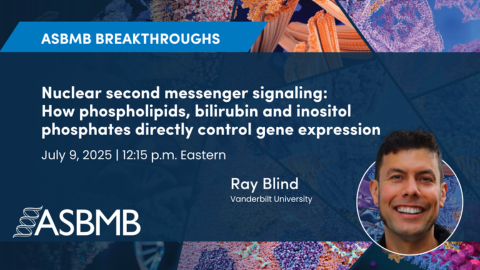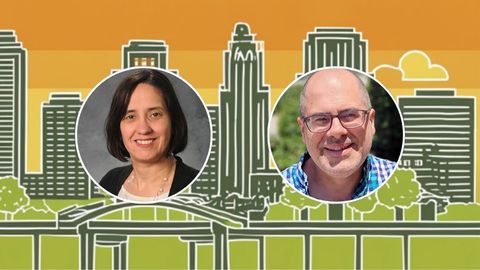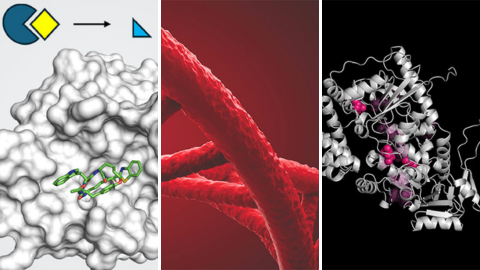Who decides when a grad student graduates?
“So, when are you graduating?”
Graduate students dread this simple question. Unlike undergrad programs, many Ph.D. programs in the U.S. do not follow standard semester-based plans and can vary from as few as four to as many as eight years — sometimes more.
Ph.D. graduation typically comes in the form of a seminar-like thesis defense instead of a ceremony where multiple students receive their degrees. Programs often don’t have a single set timeline. So, who decides when a Ph.D. student can graduate?Why do timelines vary?
The timeline for Ph.D. students generally consists of coursework in the first couple of years, followed by focused thesis research. Students continue with this research until their thesis is done, which is where the variability comes into play.Students must fulfill specific requirements for most Ph.D. programs before graduating. Some of these are straightforward — complete certain classes, accumulate a certain number of credits, publish a paper, and other easily identifiable tasks. The other major component is completing the thesis, which is much more fluid.
Many factors can influence thesis progress. Experiments need to go right, which is always a gamble. Even when science cooperates, your thesis may change based on new data, opportunities for new collaborations or other factors. This can lead to more work, extending your graduation timeline. The fickle nature of research is the main reason graduation timelines are individual and variable among Ph.D. students.
Considering your committee
Your thesis advisory committee will play a large role in green lighting your graduation. Most programs require periodic meetings with your thesis committee. These updates keep members informed of your progress and allow time for feedback.
In my Ph.D. program, I had to get my thesis committee’s approval before I could apply for graduation. I had a meeting where I presented my thesis aims and my results for each aim, and made the argument that my thesis was complete enough to defend.
For me, not every experiment needed to be finished to apply for graduation. My program advised that this last meeting should be held six to 12 months before we intended to defend — this way, committee members could give final suggestions for experiments and there was time to write the actual thesis document.
When I had my final thesis committee meeting, I had a few things to wrap up, but the overall work was done, and I could clearly identify what I still needed to do. After the meeting, each member of my committee had to sign a document stating they agreed I could apply for graduation.
Of course, I had to convince my research mentor I was ready to graduate before I scheduled that last committee meeting. My mentor and I were on the same page about my thesis timeline and movement towards graduation, but that isn’t always the case.
Sometimes a mentor does not support a student moving toward graduation. In such a case, the thesis advisory committee can provide a more objective review of the student’s progress. The committee may push for graduation, which can help move timelines forward.
Applying for graduation
In my program, students had to formally apply for graduation. This involved a surprising amount of paperwork. Your program coordinator or program director should be able to provide a list of what’s needed — it’s best to reach out early to make sure you’ve met all the requirements and know how to make the process go smoothly.
I set a defense date right after I had my final thesis committee meeting. It was challenging to find a time when all my committee members were available, and I also wanted to give out-of-town family plenty of notice in case they wanted to attend. As the defense date approached, I gathered the necessary paperwork, finished my experiments, and finished my thesis document.
Graduation day itself consisted of a public seminar-style talk on my thesis, followed by a closed-door exam. Every program is different, but in the private portion of my thesis defense, my committee members asked me questions about my thesis and about biochemistry topics in general. After the questioning was over, the committee met privately to decide if I had demonstrated sufficient knowledge about my thesis and biochemistry. Once they announced that I passed, celebrations commenced.
My school held a formal graduation ceremony at the end of the academic year for all those who had defended, but the date of my thesis defense is the formal date my degree was conferred. Everyone in my program has different graduate dates, depending on the day we defended.
Programs may vary in how your degree date is determined. There is no one right way to do grad school. Don’t get discouraged if your timeline looks different from someone else’s. The goal is to earn the degree and be well prepared for a career of doing good science.

Enjoy reading ASBMB Today?
Become a member to receive the print edition four times a year and the digital edition monthly.
Learn moreFeatured jobs
from the ASBMB career center
Get the latest from ASBMB Today
Enter your email address, and we’ll send you a weekly email with recent articles, interviews and more.
Latest in Careers
Careers highlights or most popular articles

Upcoming opportunities
Friendly reminders to register for the upcoming ASBMB Breakthroughs webinar on nuclear second messenger signaling and ASBMB's in-person symposium on proteomics in Cambridge, Mass.

2025 PROLAB awardees announced
Seven early-career scientists receive grants to advance their research by working in North American labs.

Upcoming opportunities
Register for ASBMB's upcoming free professional development webinars on women in science and commercializing biomedical research.

Teach, learn & transform biochemistry education
Meet the co-chairs of the 2025 ASBMB meeting on reimagining undergraduate education in the molecular life sciences to be held July 24–27, 2025 in St. Paul, Minnesota.

Upcoming opportunities
Submit your abstract for ASBMB's upcoming meetings on nucleophilic proteases, gene expression and O-GlcNAc.

Upcoming opportunities
Friendly reminder: Submit your abstracts for upcoming ASBMB meetings! Just added: virtual events on AI and STEMM graduate education.

